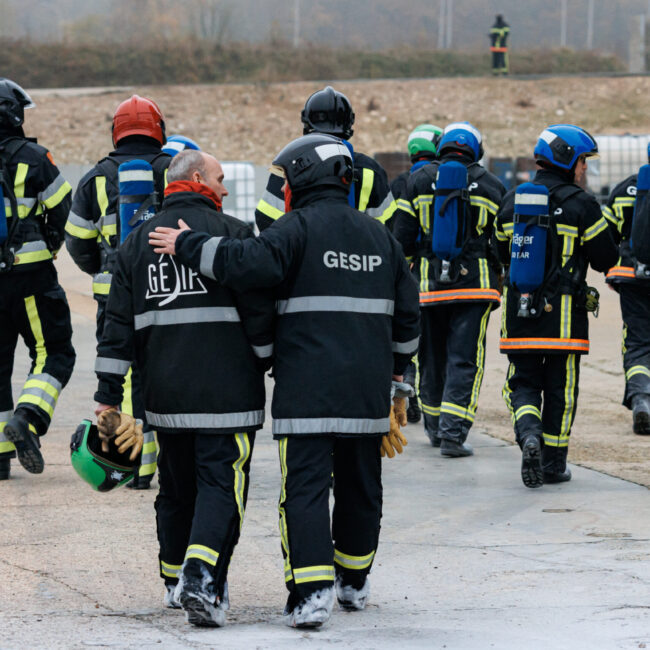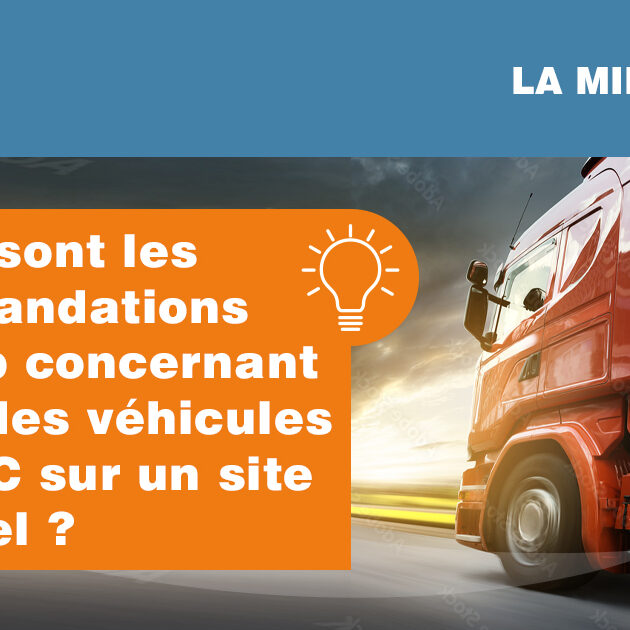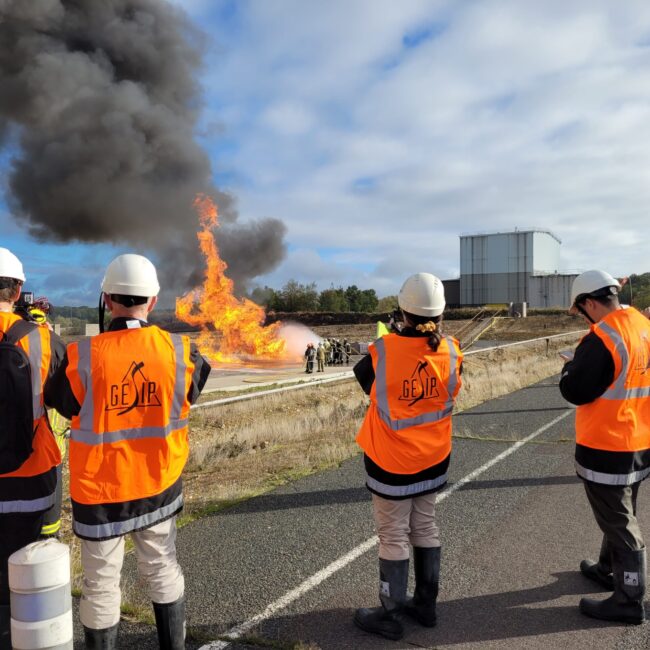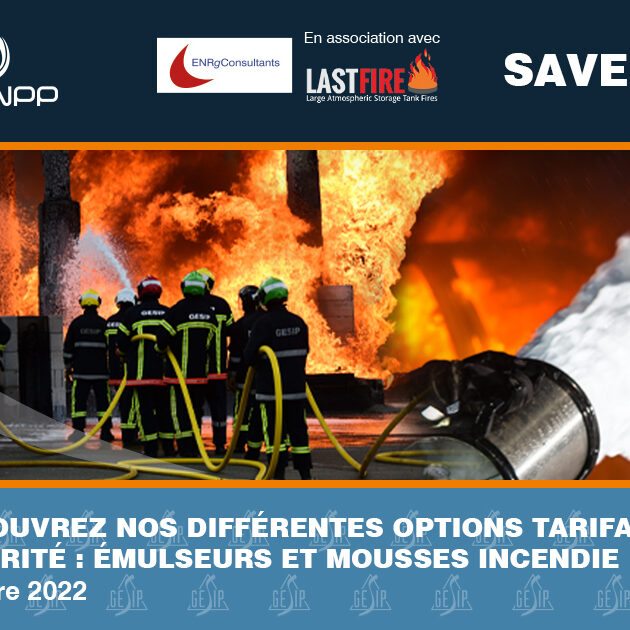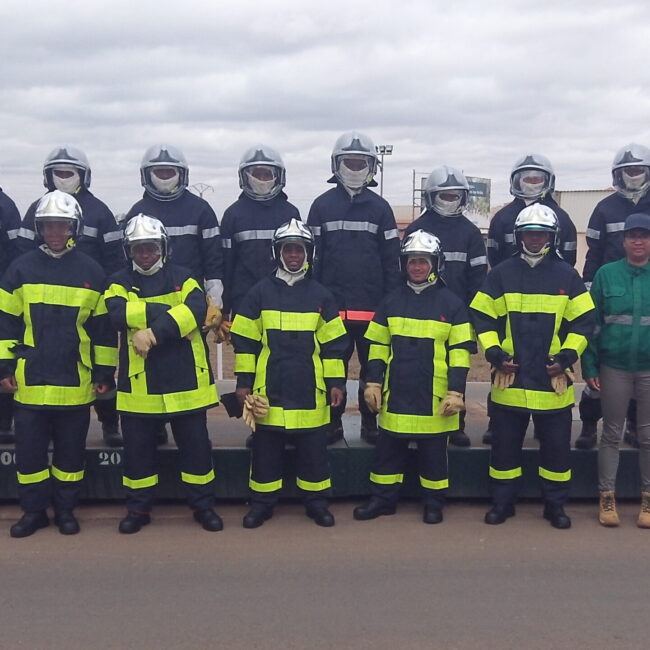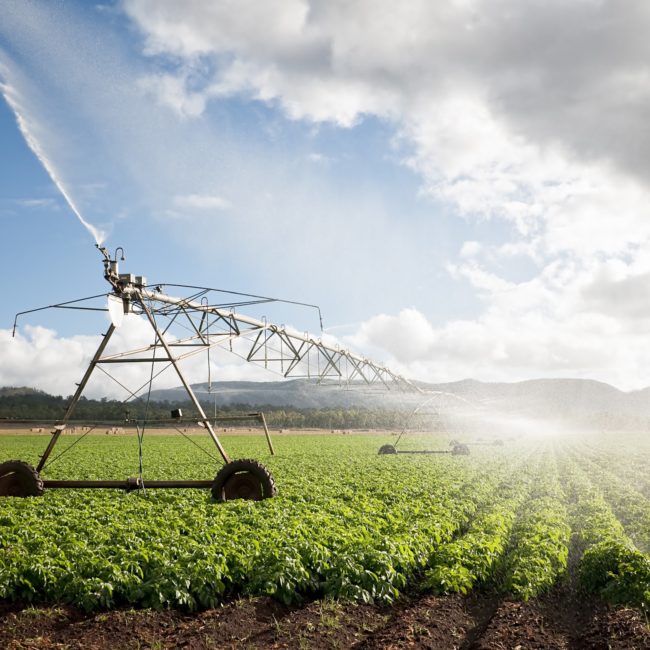Regulatory compliance and prevention of industrial risks
Regulatory compliance is the first step in the process of controlling and preventing industrial risks. Regulatory compliance is an important factor in improving industrial safety. However, between regulatory inflation, the complexity of the texts, and the double level of regulation (French and European), regulatory compliance...
Details

